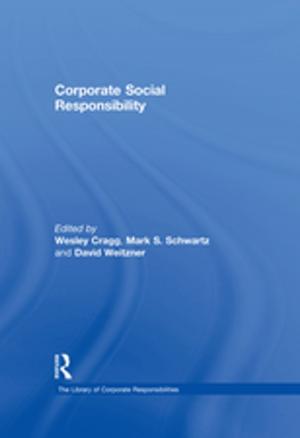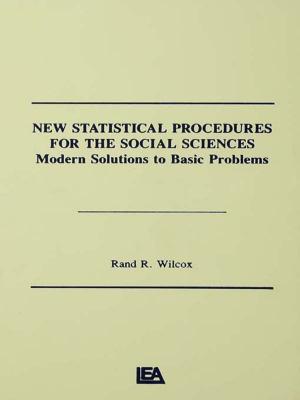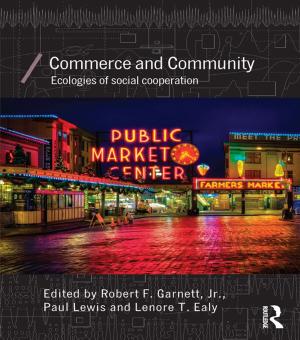Information Feudalism
Who Owns the Knowledge Economy
Nonfiction, Social & Cultural Studies, Political Science, Government| Author: | Peter Drahos, John Braithwaite | ISBN: | 9781351562836 |
| Publisher: | Taylor and Francis | Publication: | September 25, 2017 |
| Imprint: | Routledge | Language: | English |
| Author: | Peter Drahos, John Braithwaite |
| ISBN: | 9781351562836 |
| Publisher: | Taylor and Francis |
| Publication: | September 25, 2017 |
| Imprint: | Routledge |
| Language: | English |
New intellectual property regimes are entrenching new inequalities. Access to information is fundamental to the exercise of human rights and marketplace competition, but patents are being used to lock up vital educational, software, genetic and other information, creating a global property order dominated by a multinational elite. How did intellectual property rules become part of the World Trade Organization's free trade agreements? How have these rules changed the knowledge game for international business? What are the consequences for the ownership of biotechnology and digital technology, and for all those who have to pay for what was once shared information? Based on extensive interviews with key players, this book tells the story of these profound transformations in information ownership. The authors argue that in the globalized information society, the rich have found new ways to rob the poor, and shows how intellectual property rights can be more democratically defined.
New intellectual property regimes are entrenching new inequalities. Access to information is fundamental to the exercise of human rights and marketplace competition, but patents are being used to lock up vital educational, software, genetic and other information, creating a global property order dominated by a multinational elite. How did intellectual property rules become part of the World Trade Organization's free trade agreements? How have these rules changed the knowledge game for international business? What are the consequences for the ownership of biotechnology and digital technology, and for all those who have to pay for what was once shared information? Based on extensive interviews with key players, this book tells the story of these profound transformations in information ownership. The authors argue that in the globalized information society, the rich have found new ways to rob the poor, and shows how intellectual property rights can be more democratically defined.















